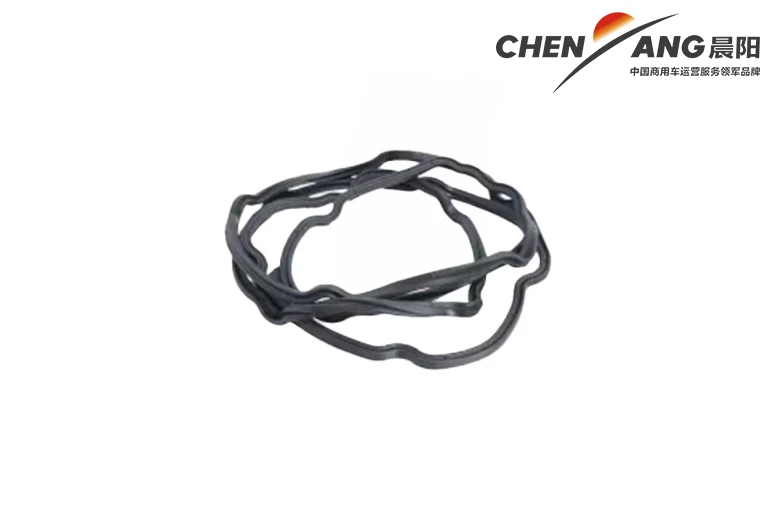Innovative Hybrid Wheel Loader Design Enhances Efficiency and Sustainability in Construction Industry
The Hybrid Wheel Loader Revolutionizing Construction and Earthmoving Industries
In recent years, the construction and earthmoving industries have witnessed significant technological advancements aimed at improving efficiency and sustainability. Among these innovations, hybrid wheel loaders have emerged as a game-changer. By integrating hybrid technology into traditional diesel-powered machinery, these loaders offer a range of benefits that revolutionize how construction projects are executed.
Understanding Hybrid Technology in Wheel Loaders
Hybrid wheel loaders utilize a combination of traditional internal combustion engines and electric power systems. This dual power source allows the equipment to operate more efficiently by optimizing energy use depending on the job requirements. The electric motor can assist the diesel engine during peak loads, reducing fuel consumption and emissions.
The concept of hybrid technology is not new; it's been widely adopted in the automotive industry for years. However, its application in heavy machinery like wheel loaders marks a significant shift towards environmentally friendly solutions in construction. The hybrid system captures energy during operations—such as braking and lowering loads—and uses it to recharge the battery. This regenerative system enhances energy efficiency and reduces the overall fuel costs associated with operating heavy machinery.
Environmental Benefits
One of the most compelling reasons for adopting hybrid wheel loaders is their reduced environmental impact. Traditional diesel-powered loaders contribute significantly to greenhouse gas emissions and air pollution. In contrast, hybrid models can reduce carbon emissions by up to 30%, depending on the operating conditions. This reduction is critical as industries face increasing pressure to comply with stringent environmental regulations and contribute to sustainability goals.
Furthermore, the hybrid wheel loader's reduced noise levels during operation improve working conditions, especially in urban areas where noise pollution can be a significant concern
. These machines operate more quietly in electric mode, providing a less intrusive solution for nearby residents and workers.hybrid wheel loader

Cost Efficiency and Performance
While the initial investment in hybrid wheel loaders may be higher than for traditional machinery, the long-term cost savings are substantial. Reduced fuel consumption translates directly into lower operating costs. Additionally, the regenerative braking system decreases wear and tear on brake components, extending the equipment's lifespan and reducing maintenance costs.
Moreover, hybrid wheel loaders are designed to enhance performance. With the electric motor providing additional power during demanding tasks, these loaders can operate seamlessly in various applications, from lifting heavy materials to navigating tough terrains. This flexibility makes them suitable for multiple projects, from construction sites to recycling facilities.
Adoption and Industry Trends
The construction and earthmoving industries are gradually embracing hybrid technology. Major manufacturers have started incorporating hybrid options in their fleets, driven by market demand for sustainable solutions. As more companies recognize the benefits—both economic and environmental—adoption rates are expected to increase significantly.
In addition, governments and regulatory bodies are offering incentives for businesses to invest in eco-friendly machinery. These initiatives aim to foster a greener industry and encourage innovations that align with global sustainability targets. Consequently, hybrid wheel loaders are likely to become a standard piece of equipment in modern construction.
Conclusion
The hybrid wheel loader represents a significant advancement in the construction and earthmoving sectors. With its impressive combination of fuel efficiency, reduced emissions, and enhanced performance, this innovative machinery paves the way for more sustainable construction practices. As industries continue to face the dual challenges of environmental responsibility and operational efficiency, hybrid technology offers a promising solution that is not only viable but essential for the future of heavy machinery. As the trend towards hybridization continues, we can expect not only to see hybrid wheel loaders becoming more commonplace but also the emergence of additional innovations aimed at creating a more sustainable and efficient construction industry.
-
SINOTRUK HOWO 84 Electric Dump Truck for Eco-Friendly Heavy HaulingNewsJul.26,2025
-
The Fast 16-Gear Manual Transmission Assembly for Heavy TrucksNewsJul.25,2025
-
Mercedes Benz Actros 1848 42 Tractor Truck for Sale - Reliable PerformanceNewsJul.24,2025
-
High-Quality Water Pump Assembly for Sinotruk Trucks – Durable & ReliableNewsJul.23,2025
-
Premium Truck Engine Antifreeze Coolant Fluid for Heavy Duty VehiclesNewsJul.22,2025
-
FOTON View G7 Mini Bus: Affordable & Spacious TransportNewsJul.22,2025
Popular products

























